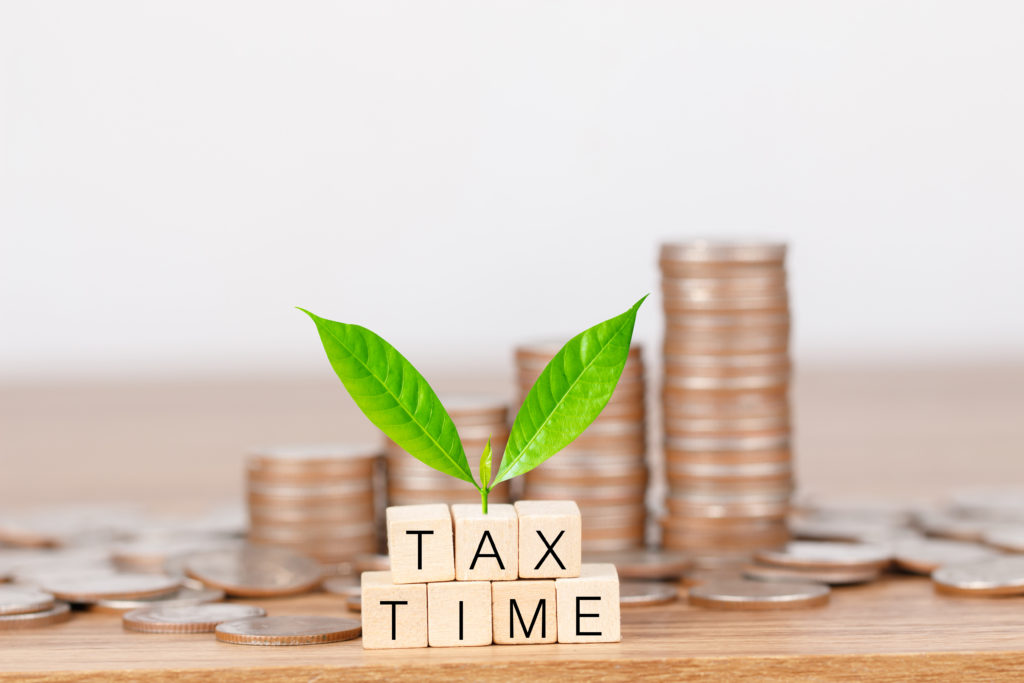With tax time fast approaching, here are five tax time tips to ensure you maximise the deductions for your investment property.
Understand what deductions you’re entitled to
As a property investor, you’re entitled to a range of tax deductions. These will help lower your taxable income and make owning an investment property more viable.
For example, some of the tax deductions available to investors include deductions on council rates, the interest from a mortgage, property management fees, land taxes, strata fees, maintenance costs, insurance, accounting fees and depreciation.
Of these deductions, depreciation is the most commonly missed. This is because it’s a non-cash deduction and the owner doesn’t need to spend any money to be eligible to claim it. These deductions shouldn’t be overlooked and could inject healthy cash flow back into your investment.
Don’t wait until the next financial year to make a claim
If your property has only been income producing for a short time, you will still be able to make a partial-year claim.
The Australian Taxation Office (ATO) allows investors to make a depreciation claim based on the amount of days a property was available for lease. This rule applies if you’ve only recently purchased an investment property, if the property was only listed as available for part of the year or if is a holiday home only rented for part of the year.
If you’ve made updates to your property, you may need to amend your tax depreciation schedule
If you’ve made any updates to your property in the past financial year, such as a renovation, it’s a good idea to get in touch with your quantity surveyor to see if you will require an updated depreciation schedule.
It’s important to be aware there is a difference between repair and maintenance and a capital works improvement, as this will affect your claim. The cost of any repairs or maintenance can be claimed in full in the same financial year work is completed. However, a capital improvement occurs when you improve the condition of a structural item or asset beyond its original state at the time of purchase. Such improvements are capital in nature and must be depreciated over time.
An updated tax depreciation schedule may be required after a renovation to capture all newly installed plant and equipment assets or capital works expenditure and in some circumstances, items removed during a renovation can be scrapped and any remaining deductions written off.
Discuss tax depreciation deductions with your Accountant
An accountant should be recommending you claim depreciation for your investment property. They can organise a schedule on your behalf or refer you to a Quantity Surveyor, but they can’t estimate construction costs or provide you with a tax depreciation schedule. Only a qualified quantity surveyor can do that.
Quantity surveyors are one of the few professionals recognised under Tax Ruling 97/25 as having the appropriate construction costing skills to estimate building costs for depreciation.
Once you have a tax depreciation schedule completed, your accountant can input these deductions into your annual income tax return.
It’s not too late to claim on past years’ deductions
Investment property owners often enquire about a property they haven’t claimed depreciation for they have owned and rented for a number of years.
The ATO allows tax returns to be easily adjusted for two years after the initial submission. This enables property owners to recoup some of the deductions that may have been missed.
BMT tax depreciation advisors can assist you in reviewing your current circumstances and providing a tax depreciation schedule that provides a forecast of depreciable assets. This can be facilitated by speaking with one of the expert team at BMT Tax Depreciation on 1300 728 726 or Request a Quote.
Bradley Beer (B. Con. Mgt, AAIQS, MRICS, AVAA) is the Chief Executive Officer of BMT Tax Depreciation. Please contact 1300 728 726 or visit bmtqs.com.au for Australia-wide service.






